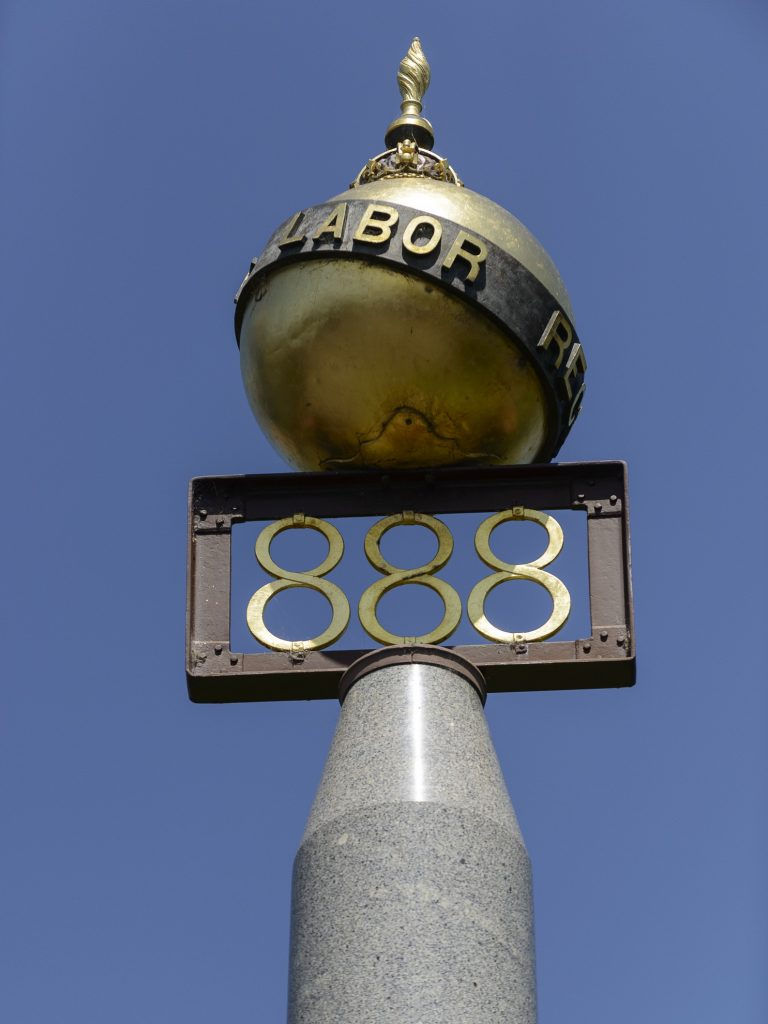Discipleship #10 Hope
- Peter Carolane
- Nov 13, 2024
- 2 min read
Updated: Apr 5, 2025
When Barack Obama ran his campaign for the 2008 US election, he ran under the slogan “Hope.” Political leaders come along and give us hope, and we get excited and get behind them. But they inevitably disappoint us once elected because they cannot live up to their promises. However, we must not get cynical about hope for the Christian disciple. In fact, it is a high virtue that we must cultivate.
God’s unchanging love, his word, and promises all build hope in us and point us towards a future time that we expect, but do not yet have (Romans 8:24-25). Christian disciples need a heavenly perspective. Any troubles we have now, according to Paul, are “light and momentary” compared with the “eternal glory that far outweighs them all” (2 Corinthians 4:17). So we focus on “what is unseen”, which ultimately is eternity itself. This is our salvation (Psalm 119:166) – our future resurrection (Acts 23:6) – eternal life (Titus 1:2). If we can learn to live in hope for eternity, it becomes a secure anchor for our soul (Hebrews 6:19).
With Christian hope, our identity is profoundly shaped because we no longer think of ourselves based on what we see, but based on what Christ sees in us (John 2:25). While we know our weaknesses – that we are fragile jars of clay, sinners filled with doubt – we hope for who we are in Christ: what he has done for us, is doing in us, and will do with us. Hope moves beyond desire to confidence (Romans 15:13). When we have Christ in us, we have the hope of glory (Colossians 1:27). And this motivates us towards holiness (1 John 3:3).
Therefore, while hope points us forward, it changes us now. In the Lord’s Prayer, we pray, “Your kingdom come, Your will be done on earth as in Heaven.” This is our prayer of hope, and as citizens of heaven, we live into that hope (Philippians 3:20).



Comments